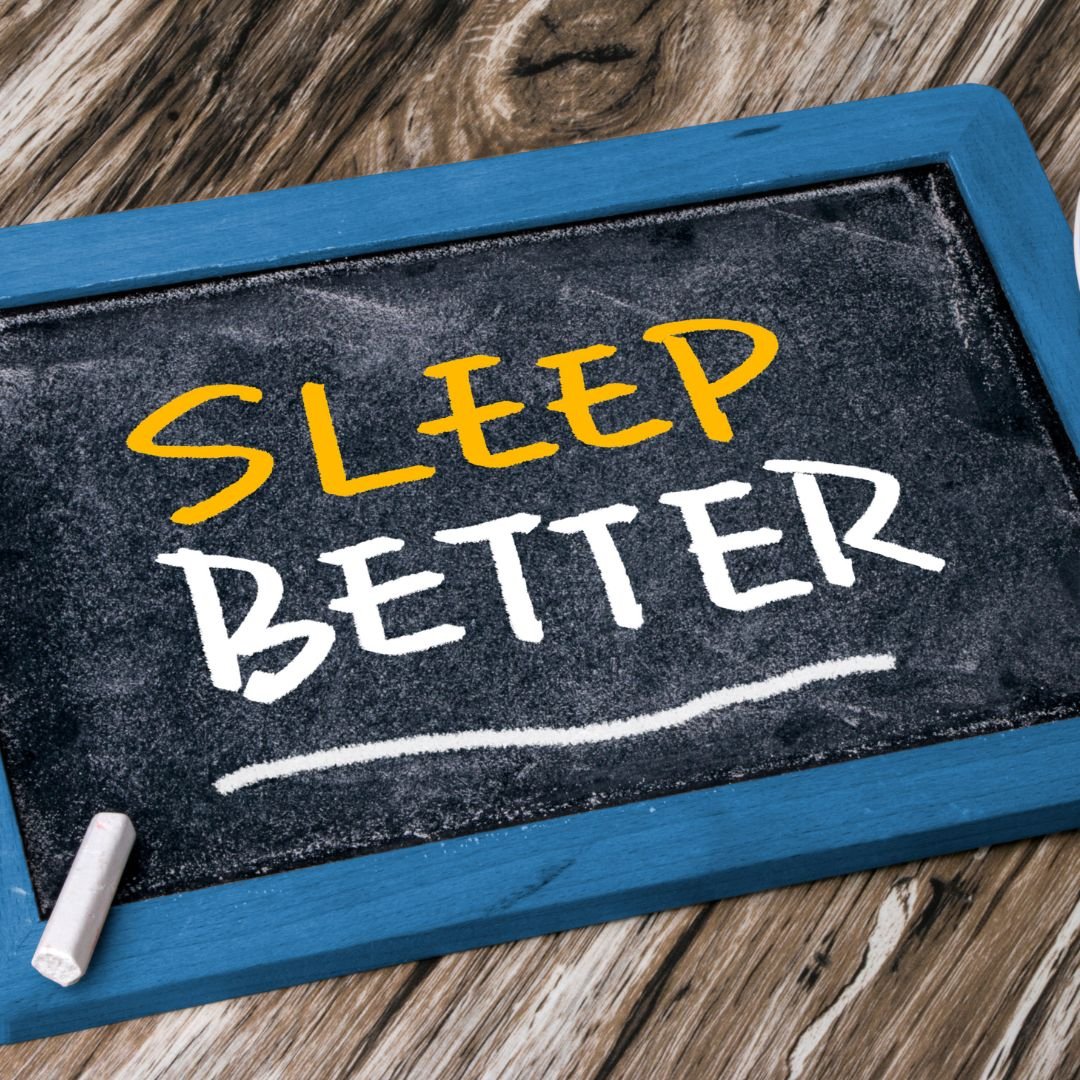In the vast universe of sleep science, a concept stands out not just for its importance but for the foundational role it plays in our well-being: core sleep. This term might not be as familiar as the age-old advice to get eight hours of shut-eye, but its significance cannot be overstated.
What is Core sleep refers to the deepest, most essential phase of our sleep cycle, comprising the non-REM stages that rejuvenate our bodies and minds. Unlike the lighter stages of sleep or the dream-filled REM periods, core sleep is when our brains and bodies undergo crucial repair and recovery processes.
Understanding and optimizing this core component of our sleep can be a game-changer for anyone looking to enhance their health and lifestyle. It’s not just about clocking in more hours under the covers; it’s about ensuring the quality of sleep we get is genuinely restorative.
With the hustle and bustle of modern life, where stress and screen time often encroach upon our natural sleep patterns, grasping the concept of core sleep and its impact on our health is more relevant than ever.

In this exploration of core sleep, we invite you on a journey to uncover the secrets of this vital sleep phase. By delving into what makes core sleep so critical, you’ll not only gain insights into improving your own sleep quality but also appreciate the profound effect it has on your overall well-being. So, let’s begin this intriguing exploration of core sleep, a key that unlocks the door to a healthier, more vibrant life.
Understanding What is Core Sleep
Core sleep is the bedrock of our nightly rest, a period characterized by deep, non-rapid eye movement (non-REM) sleep that is crucial for our physical and mental restoration. Unlike the lighter stages of sleep or the vivid dreams of REM (rapid eye movement) sleep, core sleep delves into the deepest layers of slumber. During this phase, our brain waves slow down significantly, heart rate and breathing reduce, and the body is at its most relaxed state, focusing on healing and rebuilding.
Distinguishing core sleep from other sleep stages is key to understanding its unique benefits. While REM sleep is often associated with processing emotions, memories, and learning, core sleep is the foundation upon which these cognitive processes can effectively build. It’s during core sleep that the body performs critical functions such as tissue repair, muscle growth, and hormone regulation, which are essential for physical health. This stage of sleep is also when toxins are cleared from the brain, a process vital for cognitive function and mental health.
The science behind core sleep reveals its integral role in overall well-being. Studies have shown that inadequate core sleep can lead to a range of health issues, from impaired immune function and increased stress response to reduced cognitive abilities and mood disorders. The depth of core sleep also means it’s the hardest to recover if lost, which underscores the importance of prioritizing this particular phase of sleep.
Core sleep’s contribution to physical and mental health is profound. Physically, it helps to lower blood pressure, regulate blood sugar levels, and improve heart health, contributing to a reduced risk of chronic diseases. Mentally, it plays a critical role in memory consolidation, learning, and emotional regulation, promoting mental clarity and resilience against stress.
Core Sleep and Mental Health
The relationship between core sleep and mental health is profound and multifaceted, underpinning the critical role that deep, restorative sleep plays in our psychological well-being. Core sleep, the phase of sleep that allows for the most significant physical and mental recovery, is not just a pillar of physical health but a cornerstone of mental health as well.
Enhancing Cognitive Functions
Core sleep directly influences cognitive processes such as memory, learning, and decision-making. By facilitating the consolidation of memories and the processing of information, core sleep enables us to learn new skills and retain information more effectively.
This enhancement of cognitive functions contributes to better problem-solving abilities, creativity, and overall mental agility, which are essential for daily functioning and coping with life’s challenges.

Regulating Emotions and Stress
Adequate core sleep plays a vital role in emotional regulation. It helps balance the brain’s emotional centers, moderating our reactions to stress and reducing the likelihood of mood swings. By fostering a more stable emotional environment, core sleep can significantly decrease the risk of developing mood disorders such as depression and anxiety.
Furthermore, deep sleep has been shown to reduce stress-related neurochemicals in the brain, providing a natural buffer against the pressures of modern life.
Benefits of Core Sleep
The benefits of core sleep extend far beyond merely feeling rested. Adequate core sleep is a cornerstone of health, offering a myriad of benefits that impact our cognitive functions, emotional well-being, and physical health. Let’s dive into these benefits and support our discussion with insights from research and experts in the field.
- Enhances memory consolidation, transferring information from short-term to long-term memory, crucial for learning and knowledge retention.
- Boosts concentration, sharpens reasoning abilities, and fosters creative problem-solving skills.
- Facilitates the brain’s cleanup process, removing toxins that can impair cognitive performance.
- Helps stabilize mood and decreases reactivity to negative stimuli, contributing to emotional well-being.
- Enhances resilience to daily stressors and reduces the risk of mood disorders such as depression and anxiety, according to the American Academy of Sleep Medicine.
- Regulates stress hormones, promoting a more balanced emotional state.
- Supports tissue growth and repair, crucial for muscle recovery, especially important for athletes and physically active people.
- Boosts immune function, helping the body to fend off illnesses more effectively.
- Regulates metabolism and hormone release, including growth hormones essential for muscle repair and overall physical health.
- Linked to a lower risk of chronic conditions such as heart disease, diabetes, and obesity, with findings from the Journal of the American Heart Association showing the role of deep sleep in heart health and hypertension prevention.
How to Optimize Your Core Sleep
Optimizing core sleep is essential for tapping into its myriad health benefits. Implementing practical tips and strategies can significantly improve the quality of your core sleep. Here are effective ways to enhance your deep sleep stages:
- Establish a Consistent Sleep Schedule: Stick to a regular bedtime and wake-up time, even on weekends, to regulate your body’s internal clock and improve overall sleep quality.
- Create a Restful Environment: Ensure your bedroom is quiet, dark, and cool. Use blackout curtains, eye masks, and earplugs to minimize light and noise, and invest in a comfortable mattress and pillows.
- Adopt a Pre-Sleep Routine: Engage in relaxing activities before bed, such as reading, taking a warm bath, or practicing meditation, and limit exposure to screens at least an hour before bedtime to avoid the disruptive effects of blue light.
- Mind Your Diet: Avoid large meals, caffeine, and alcohol close to bedtime. Opt for a light snack if you’re hungry before bed.
- Stay Active: Regular physical activity can enhance your sleep quality, but avoid vigorous exercise close to bedtime as it might keep you awake.
- Manage Stress: Implement stress-reduction techniques like deep breathing, yoga, or mindfulness meditation to improve sleep quality.
- Leverage Technology: Use sleep tracking devices or apps to monitor your sleep patterns and gain insights into your sleep quality, and consider apps that promote relaxation to aid sleep.
- Seek Professional Help if Necessary: If sleep issues persist, consulting a healthcare provider or a sleep specialist can help identify any underlying issues and recommend appropriate treatments.

Challenges and Considerations With Core Sleep
Achieving optimal sleep can be a complex task, influenced by a myriad of factors that vary greatly from one individual to another. Understanding these challenges is the first step toward overcoming them. Here’s a look at common obstacles and considerations, along with advice on navigating these waters.
Common Challenges:
- Sleep Disorders: Conditions such as insomnia, sleep apnea, and restless leg syndrome can significantly impact the quality and quantity of core sleep. These disorders disrupt the sleep cycle, making it difficult to achieve the deep, restorative sleep needed for optimal health.
- Stress: High levels of stress and anxiety can hinder the ability to fall asleep and stay asleep, particularly affecting the depth of sleep. The mind’s tendency to ruminate at night can be a significant barrier to entering deeper sleep stages.
- Lifestyle Factors: Irregular sleep schedules, excessive screen time before bed, unhealthy eating habits, and lack of physical activity can all contribute to poor sleep. Modern lifestyles often prioritize productivity and entertainment over sleep, leading to a widespread disregard for the importance of rest. additionally the relationship between lack of sleep and the onset of menopause is an area of growing interest among researchers.
The Final Word on Core Sleep
In this article, we’ve explored the vital concept of sleep, shedding light on its definition, importance, and the significant role it plays in our overall health and well-being. sleep, the deep, restorative phase of our sleep cycle, is crucial for physical repair, cognitive function, and emotional regulation. We’ve discussed how it differs from other sleep stages and its undeniable benefits, including enhanced cognitive abilities, emotional stability, and physical health.
The challenges in achieving optimal sleep, such as sleep disorders, stress, and lifestyle factors, were highlighted, emphasizing the importance of addressing these issues head-on. Practical advice was provided to improve sleep quality, including establishing a consistent sleep schedule, creating a restful environment, and managing stress, among others. The potential of technology and sleep tracking devices to aid in this quest was also acknowledged.

Achieving optimal sleep is not always straightforward, given the individualized nature of sleep and the various obstacles that can stand in the way. However, the importance of seeking a personalized approach and, when necessary, professional help, cannot be overstated.
In conclusion, prioritizing sleep is essential for anyone looking to lead a healthier, more balanced life. It’s a foundational aspect of our health that deserves as much attention as diet and exercise. By taking steps to improve sleep, we can unlock a host of benefits that contribute to our overall well-being. Let’s make sleep a priority and embrace the profound impact it has on our lives.



